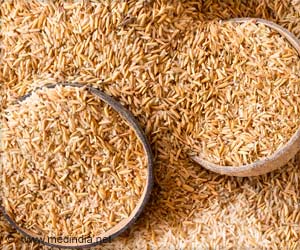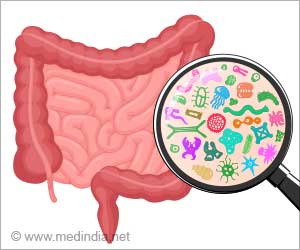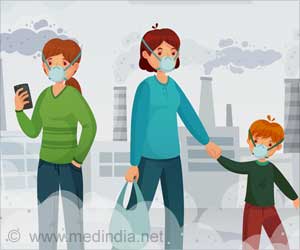For many people all around the world, no matter what socio-economic background or what age group they belong to, Celiac disease is a life challenge.

Although symptoms like diarrhoea, gastrointestinal disturbances like abdominal distension, flatulence, pain, constipation, nausea, vomiting, growth problems, anemia, weight loss, lethargy, tiredness, bone problems, skin problems, infertility, mouth ulcers, numbness and behavior problems like depression, anxiety, schizophrenia, and irritability do exist, Celiac patients often indicate no symptoms at all until late in years. This can prove to be dangerous for it can lead to life-threatening illnesses.
The condition can increase the risk of disorders like Type-1 diabetes mellitus, autoimmune diseases, sarcoidosis, multiple sclerosis, fibromyalgia, arthritis, liver diseases, thyroid disorders, pulmonary diseases such as asthma, ulcerative colitis, Crohn’s disease as well as cancer.
With the number of Celiac disease patients doubling every fifteen years since 1974 in the United States, many innovative ways have been put in place to help them in their quest for gluten-free food. A food list provides guidelines on a safe diet; an increasing number of companies make gluten-free foods available; grocery stores carry gluten-free foods; a web site makes necessary information easily accessible; special restaurants offer gluten-free food.
In countries like India, the disease remains anonymous although studies reveal a high number of sufferers.
Unfortunately, in spite of, or maybe because of, celebrity endorsements of gluten-free food, observers feel that it could be dismissed as another food fad. They fear that the long term growth of the gluten-free market will be negatively affected.
Advertisements
As Jaclyn Bruntfield, a sufferer herself comments, “In short, one's health is inextricably tied to the foods we eat, and with a food system that is ravaging the planet, it's no surprise that we have a public health crisis in this nation. The food that's best for our bodies is unrefined and less of a byproduct of the industrial food system.”
Advertisements









